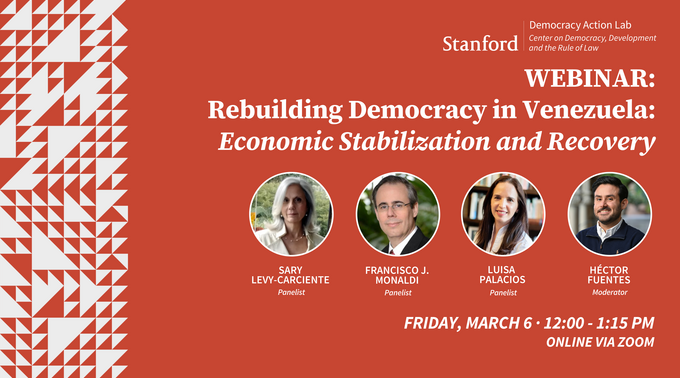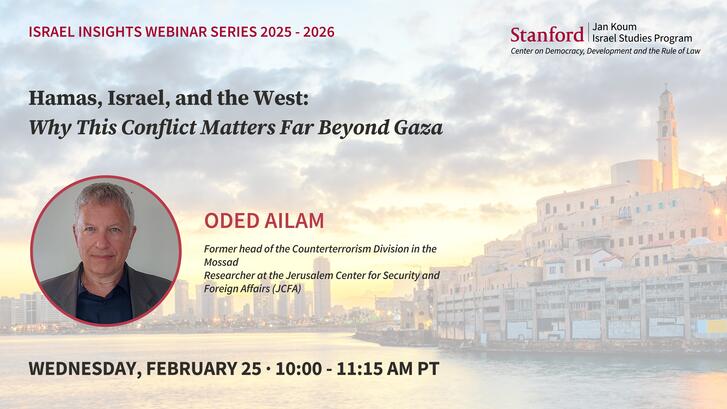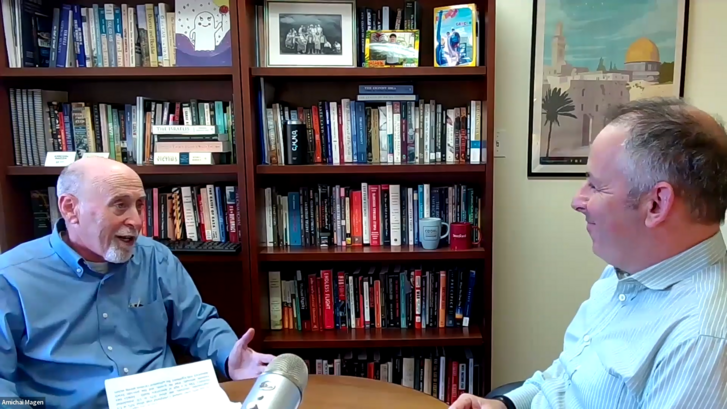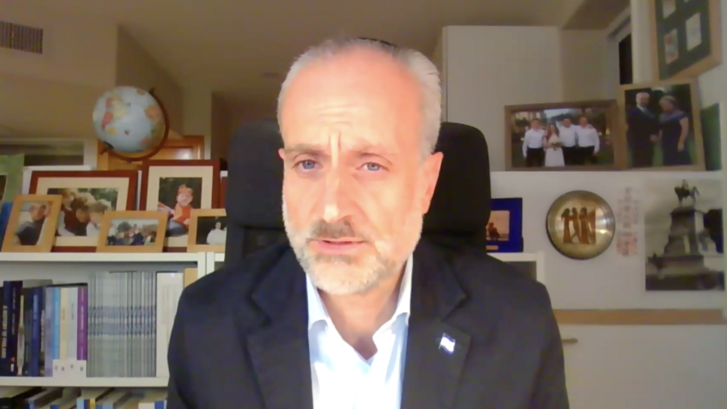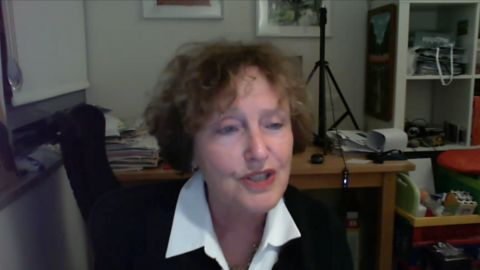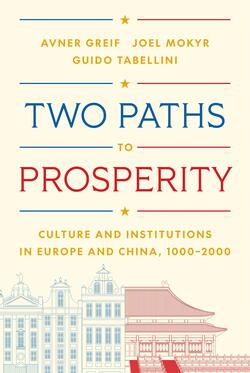Mechanisms of privilege: private foundations’ tax-exemption in Turkey (1967–2022)
This paper explores the role of tax exemptions granted to foundations in Republican Turkey. We gathered original data of tax exemptions given to private foundations since 1967 to examine how this seemingly technical fiscal policy has functioned as a critical instrument of governance, facilitating coalition-building and co-optation of civil organizations. Our longitudinal analysis permits us to trace the continuity and evolution both at the level of the practice of tax exemption and the nature of the state’s privileged civil partners. It, therefore, provides a fresh lens to assess whether the AKP period marked a significant shift from previous periods or merely continued or amplified established patterns. Our historical and empirical investigation contributes to a more nuanced comprehension of the interplay between state mechanisms and non-public entities over time. These insights offer broader implications for understanding the mechanisms of state power and influence over civil society beyond the specifics of Turkey.

